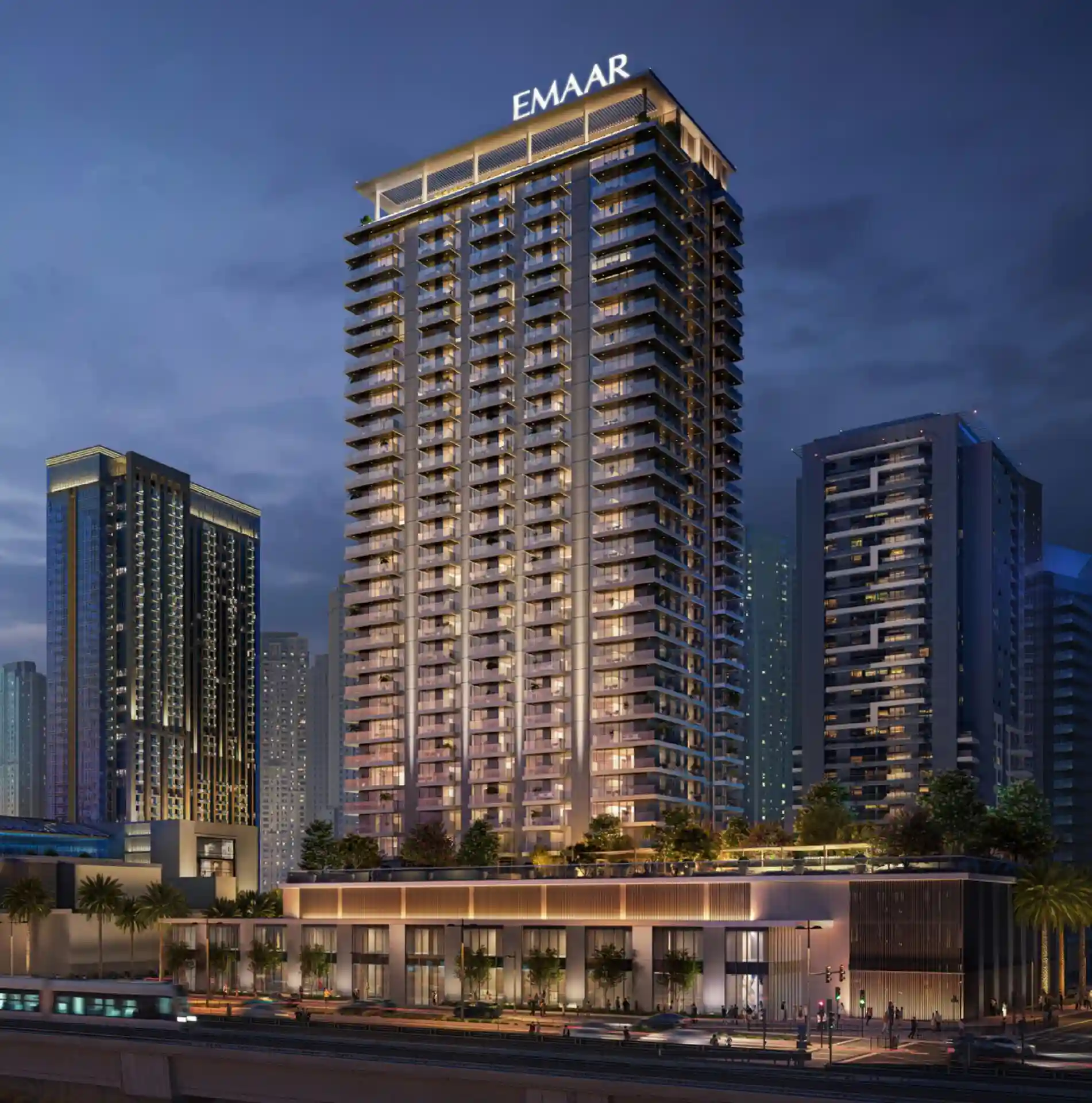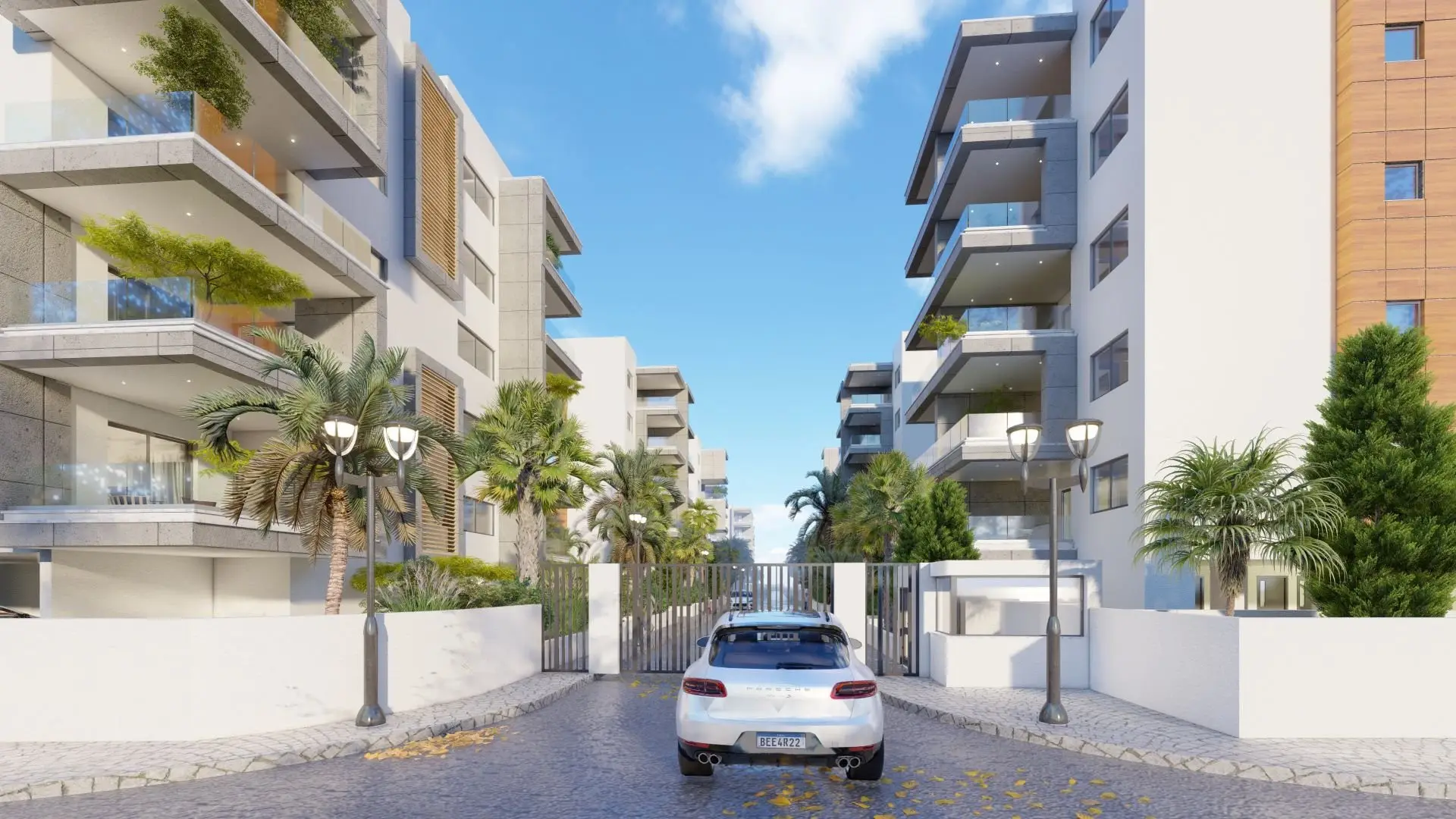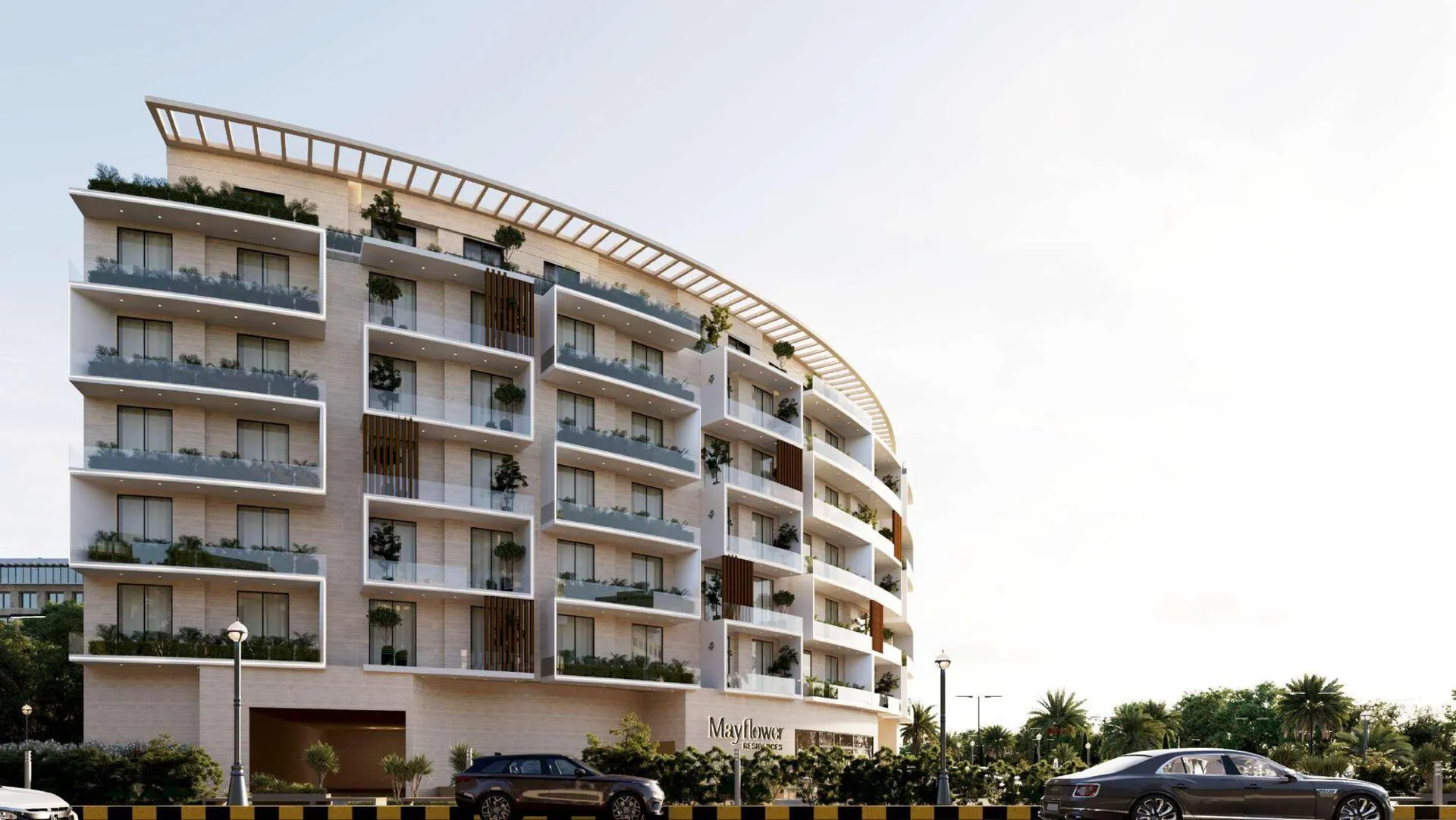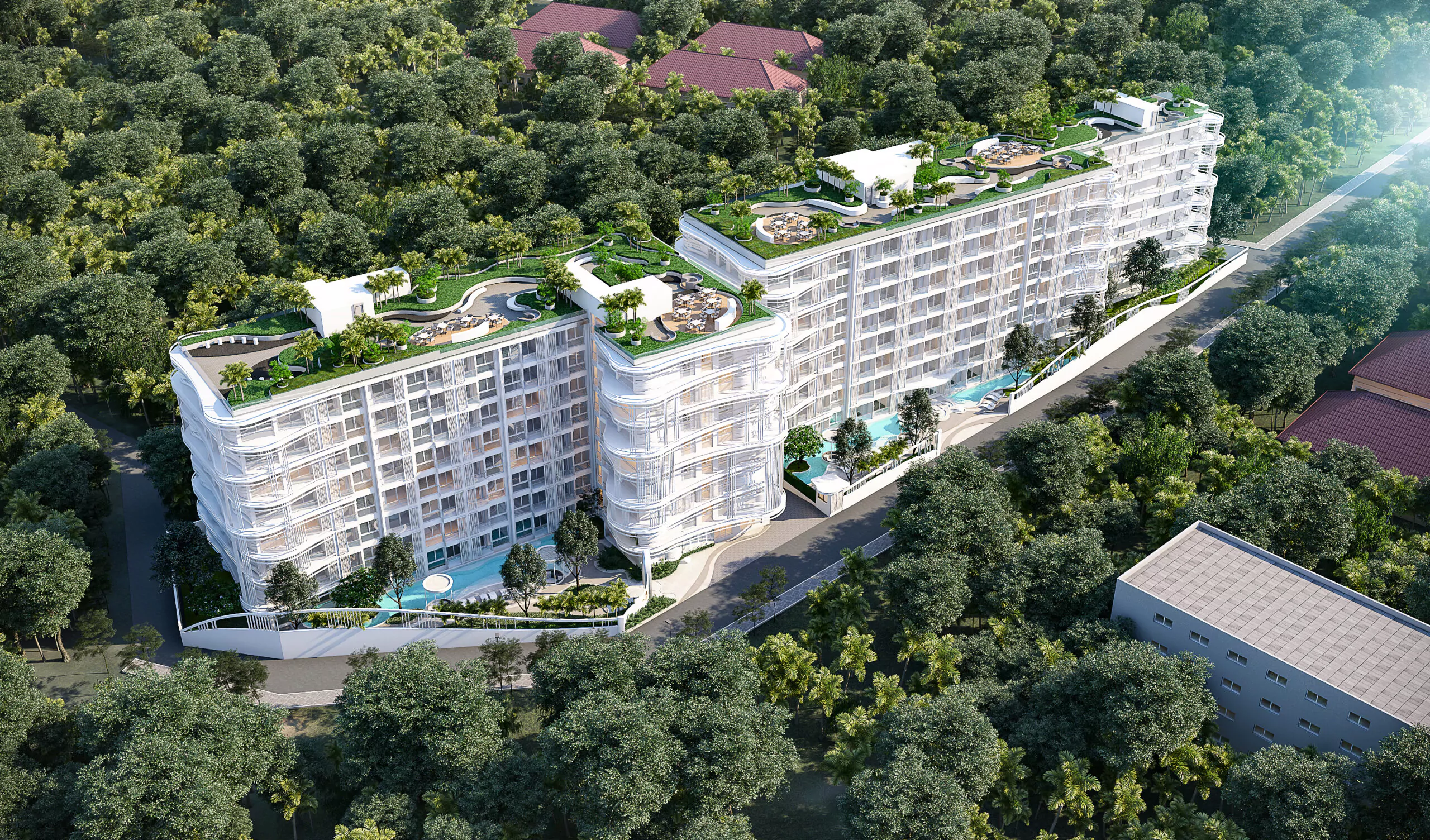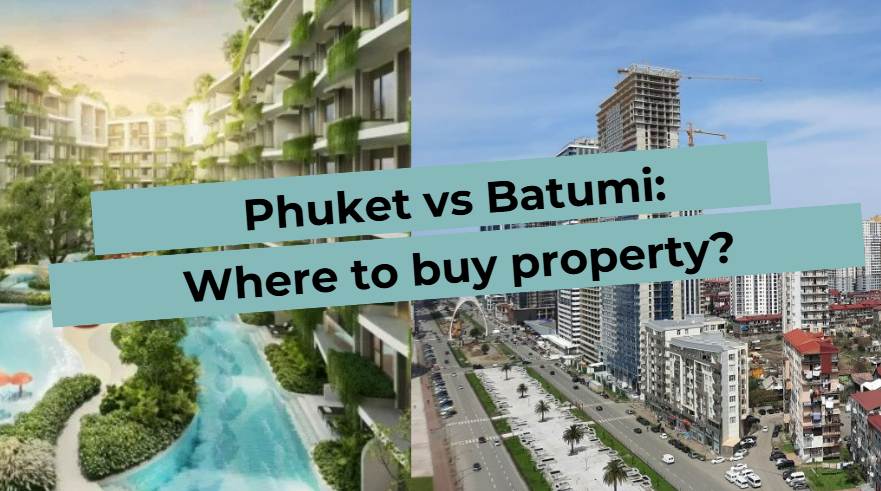
Advantages of living on the Danube coast
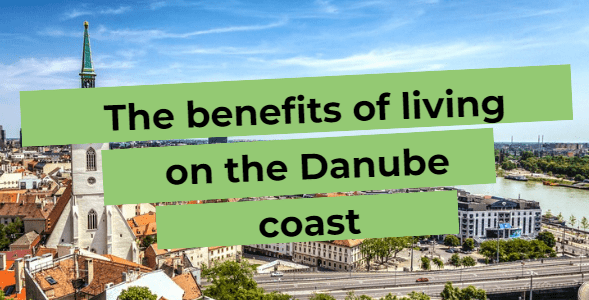

Living on the Danube coast is not just a choice of a place to live; it is an entire philosophy based on harmony with nature, rich cultural heritage and unique opportunities for active recreation. As an important geographical artery of Europe, the Danube runs through several countries, connecting them not only physically but also culturally. Here, along the banks of this majestic river, you will find a combination of picturesque landscapes, historic cities and comfortable living.
The natural and environmental benefits of living near the Danube River
When I first arrived on the Danube coast, I was struck by its incredible beauty. Imagine: a majestic river framed by green forests and mountain ranges, with birdsong and whispering waters. This place seems to have been created for those who appreciate nature and want to live in harmony with it. Walks along the river, bicycle routes through picturesque landscapes - all this becomes a part of everyday life.
Environmental friendliness is another important aspect of living near the Danube. Clean air and the absence of many industrial emissions make this area ideal for those who care about their health. The nature reserves along the river are full of diverse flora and fauna. Locals gather for picnics in these reserves, enjoying fresh produce and communion with nature. It is truly a unique place where you can breathe in and forget about the hustle and bustle of the city.
What about outdoor activities? Here you'll find plenty of opportunities for sporting activities. Boating, fishing, water sports are all available right under your nose. Floating on the calm water surrounded by green hills filled me with energy and peace. And that's just one of the many ways to spend time outdoors.
Health and quality of life benefits
Living near the Danube River not only brings aesthetic pleasure, but also significantly improves the quality of life. This region offers a number of factors that contribute to the physical and mental well-being of its inhabitants.
Clean air and favorable climate
One of the main advantages of living on the Danube coast is the clean air. The absence of large industrial enterprises in the immediate vicinity of the river helps to reduce pollution. This, in turn, has a positive effect on the health of residents, especially on the respiratory system. The favorable climate characteristic of this region allows to enjoy mild winters and warm summers, which creates comfortable conditions for outdoor living.
Calm atmosphere and low noise level
The low noise level compared to major cities creates a tranquil atmosphere, ideal for those seeking balance and peace. This is especially important for people seeking to reduce stress and improve psycho-emotional well-being. Walks along the river, outdoor sports or simply relaxing in nature become accessible and enjoyable for residents.
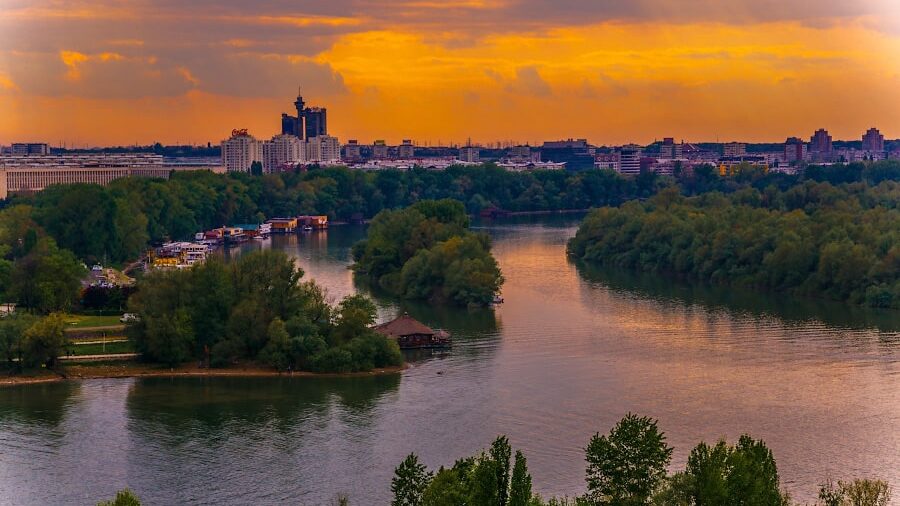
Locally produced products
Another significant advantage of living on the Danube coast is access to fresh and natural products. Villages along the river are home to farmers' markets where fresh vegetables, fruit, fish and other natural products can be purchased. Supporting local producers not only boosts the local economy, but also allows residents to enjoy quality and delicious food. For example, the average cost of a basket of fresh vegetables at such markets is around 15-20 euros, making healthy eating affordable for everyone.
Active lifestyle
Living on the Danube coast provides excellent conditions for an active lifestyle. Opportunities for walking, cycling, fishing and water sports help to maintain physical activity and improve overall health. Regular sports and outdoor activities help to strengthen the immune system and increase energy levels.
Access to cultural and historical heritage
One of the most attractive aspects of living on the Danube coast is access to the region's rich cultural and historical heritage. The Danube runs through several countries including Austria, Hungary and Serbia, home to famous historic cities such as Vienna, Budapest and Belgrade. These cities offer many opportunities to explore cultural traditions and historical monuments.
Vienna is famous for its architectural masterpieces, among which stands out Schoenbrunn Palace, which is a UNESCO World Heritage Site. A visit to this palace costs about 20 euros per person, which gives you the opportunity to familiarize yourself with the splendor of the Austrian Empire. Budapest also attracts tourists with its historical monuments such as the Buda Fortress and the Parliament building. The cost of entry to the Buda Fortress is around 5 euros, making it affordable for a wide range of visitors.
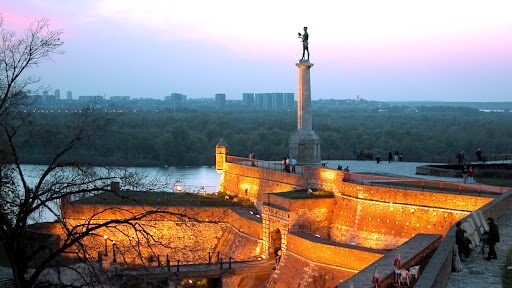
Belgrade, in turn, offers a unique blend of Eastern and Western cultures. The Kalemegdan Fortress, located at the confluence of the Sava and Danube Rivers, is an important historical site and is free to visit. It provides spectacular views of the city and the river, making it a popular destination for locals and tourists.
Cultural festivals and events along the Danube also contribute to strengthening cultural ties and creating a unique atmosphere. For example, wine festivals held in different regions attract many participants who want to learn about local winemaking traditions and culture. Admission to such events usually varies from 10 to 30 euros, depending on the program and level of service.
Transportation and logistical advantages
Living on the Danube coast offers many transportation and logistical advantages that make this region particularly attractive for residence and investment.
Convenient transportation
The Danube serves as a natural artery connecting many cities and countries. It allows residents and tourists to easily travel around Europe without having to spend a lot of time traveling. River cruises are one of the most popular ways to travel along the river. The cost of a river cruise can range from 50 to 150 euros per person depending on the itinerary and the length of the trip. These cruises are not only convenient, but also offer a unique opportunity to enjoy the magnificent scenery that can be enjoyed from aboard the ship.
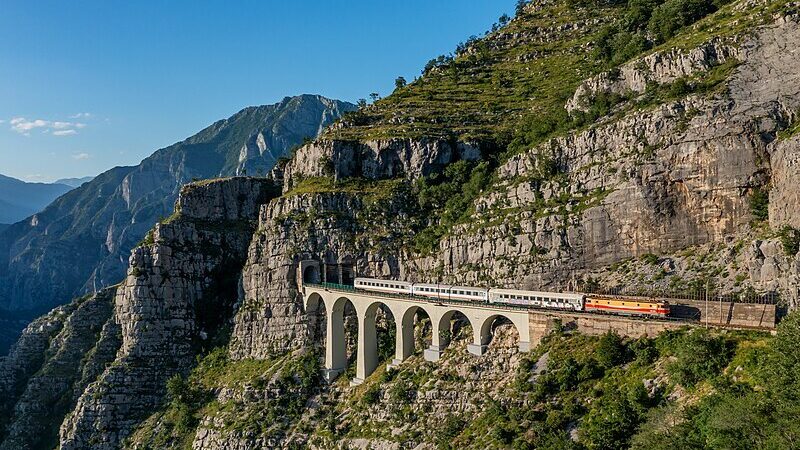
Proximity to international airports
The region is also characterized by its proximity to international airports, which greatly simplifies travel both domestically and internationally. For example, Vienna International Airport, located just 18 kilometers from the city center, offers regular flights to more than 200 destinations around the world. Airfares from Vienna to other European cities can start from 30 euros per ticket, making traveling more affordable.
Railroad lines
Railways also play an important role in the region's transportation infrastructure. Vienna, Budapest and other major cities have a well-developed network of railway connections, which makes it possible to reach neighboring countries quickly and conveniently. For example, the train from Vienna to Budapest takes only about 2.5 hours and the ticket price is about 15-30 euros depending on the class of service. This makes traveling between cities not only comfortable, but also cost-effective.
Economic and investment prospects
Living on the Danube coast represents not only pleasure, but also excellent investment opportunities. The development of infrastructure and tourism in this region creates new horizons for investors, which makes it particularly attractive for buying real estate.
Increased demand for housing
The demand for housing in the regions along the Danube continues to grow. Many people seeking tranquility and proximity to nature choose to live by the river. This creates favorable conditions for real estate investments. According to analysts, in some cities such as Vienna and Budapest, the cost of housing has increased by 5-10% per year, depending on the neighborhood. For example, the average cost per square meter in Vienna is about 4,500 euros, while in Budapest it is about 2,000 euros.
Variety of real estate options
Various real estate options are offered on the Danube coast, allowing investors to choose the most suitable option for themselves. These can be cozy apartments, which cost from 100,000 to 300,000 euros, or luxury villas overlooking the river, which can cost up to 1,000,000 euros and more. In addition, in some regions land plots are available for construction, which provides additional investment opportunities.
Prospects for increasing real estate values
With the growing popularity of the region, further increases in real estate values can be expected. Infrastructure projects such as new roads, bridges and transportation links contribute to the area's attractiveness. For example, planned investments in the development of tourism infrastructure may lead to an increase in the number of tourists, which in turn will increase the demand for rental properties. It is expected that rental income in popular tourist destinations can range from 5% to 8% per annum, making such investments particularly lucrative.
Thus, living on the Danube coast combines many advantages: from natural beauty and cultural heritage to economic opportunities. But that's not all! Let's take a look at what opportunities for ecological and rural tourism this amazing region offers.
Living on the Danube coast offers a unique combination of nature, ecology and cultural heritage. These are quiet, picturesque places with clean air, access to outdoor activities and historic cities, as well as excellent real estate investment opportunities.
The Danube runs through 10 countries including Germany, Austria, Slovakia, Hungary, Serbia, Bulgaria, Romania and Ukraine. Each of these regions offers different advantages for living and investing in real estate.
The infrastructure in the regions along the Danube is diverse. In major cities such as Vienna, Budapest and Belgrade, the infrastructure is highly developed and offers all amenities, from international schools to shopping centers. In rural areas, a quieter lifestyle may be available, but with fewer commercial and social services.
A wide range of real estate is available on the Danube coast, from modern apartments in major cities to country houses and villas. The choice depends on budget and preferences - whether it is quiet rural life or an active urban environment.
The Danube regions are known for their clean air, rich flora and fauna, and opportunities for eco-tourism. Many regions along the river are protected as nature reserves, which promotes a healthy lifestyle and respect for nature.
Investing in real estate along the Danube can be very profitable due to the growing interest in the regions, eco-tourism and improved infrastructure. Some regions have seen a steady increase in real estate prices, especially in major cities and popular tourist destinations.
Residents of the Danube coast can enjoy a variety of outdoor activities including fishing, swimming, rowing and water sports. Cycling routes and hiking in scenic areas along the river are also popular.
The climate along the Danube varies from region to region. Central and western Europe has a temperate climate with mild winters and warm summer months, while eastern regions may have a more continental climate with cold winters and hot summers.
Yes, real estate on the Danube coast is in demand among tourists, and it can be rented out for a stable income. The region's tourism potential opens up business opportunities in ecotourism, hotel and other services.
What are the benefits of living on the Danube coast?
Living on the Danube coast offers a unique combination of nature, ecology and cultural heritage. These are quiet, picturesque places with clean air, access to outdoor activities and historic cities, as well as excellent real estate investment opportunities.
Which countries can you live in on the Danube coast?
The Danube runs through 10 countries including Germany, Austria, Slovakia, Hungary, Serbia, Bulgaria, Romania and Ukraine. Each of these regions offers different advantages for living and investing in real estate.
How well developed is the infrastructure in the regions along the Danube?
The infrastructure in the regions along the Danube is diverse. In major cities such as Vienna, Budapest and Belgrade, the infrastructure is highly developed and offers all amenities, from international schools to shopping centers. In rural areas, a quieter lifestyle may be available, but with fewer commercial and social services.
What kind of real estate can I buy on the Danube coast?
A wide range of real estate is available on the Danube coast, from modern apartments in major cities to country houses and villas. The choice depends on budget and preferences - whether it is quiet rural life or an active urban environment.
What are the environmental benefits of living by the Danube River?
The Danube regions are known for their clean air, rich flora and fauna, and opportunities for eco-tourism. Many regions along the river are protected as nature reserves, which promotes a healthy lifestyle and respect for nature.
What are the investment prospects of buying real estate on the Danube coast?
Investing in real estate along the Danube can be very profitable due to the growing interest in the regions, eco-tourism and improved infrastructure. Some regions have seen a steady increase in real estate prices, especially in major cities and popular tourist destinations.
What kind of outdoor activities are available on the Danube?
Residents of the Danube coast can enjoy a variety of outdoor activities including fishing, swimming, rowing and water sports. Cycling routes and hiking in scenic areas along the river are also popular.
What is the climate like in the regions along the Danube?
The climate along the Danube varies from region to region. Central and western Europe has a temperate climate with mild winters and warm summer months, while eastern regions may have a more continental climate with cold winters and hot summers.
Is it possible to set up a business or rental income on the Danube coast?
Yes, real estate on the Danube coast is in demand among tourists, and it can be rented out for a stable income. The region's tourism potential opens up business opportunities in ecotourism, hotel and other services.



